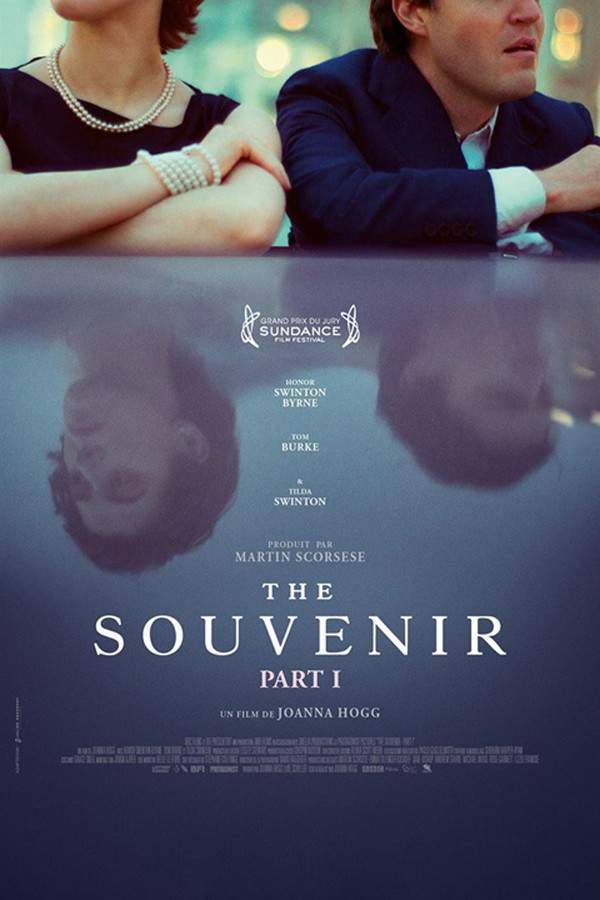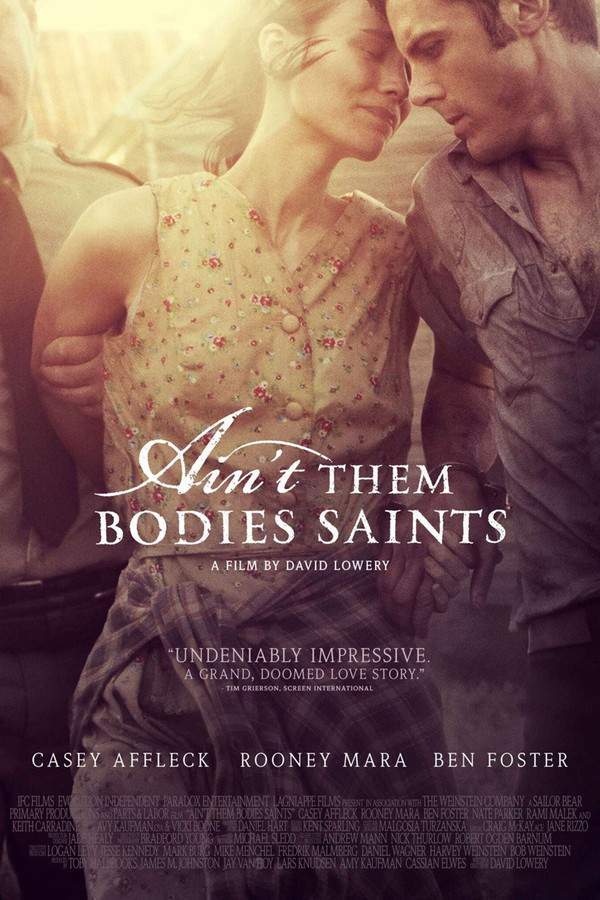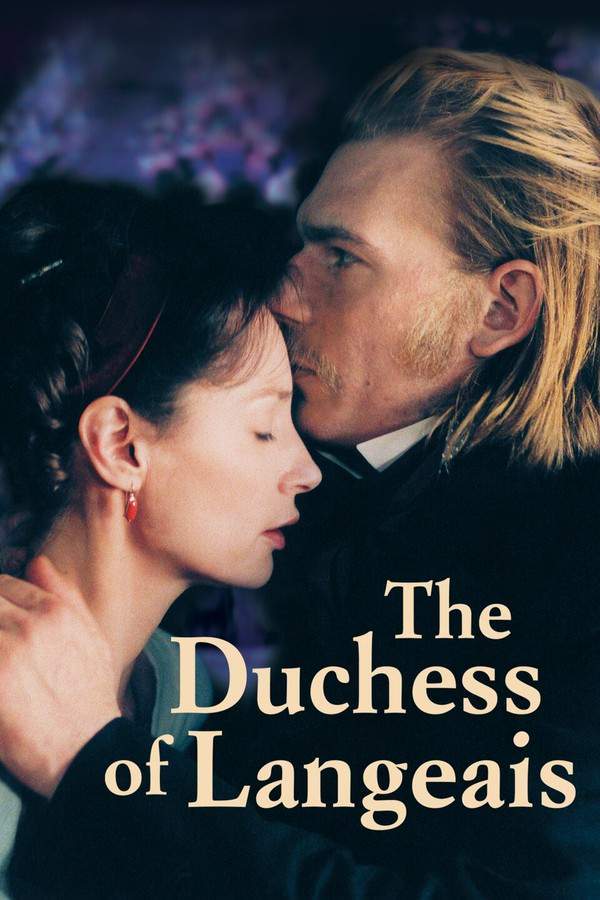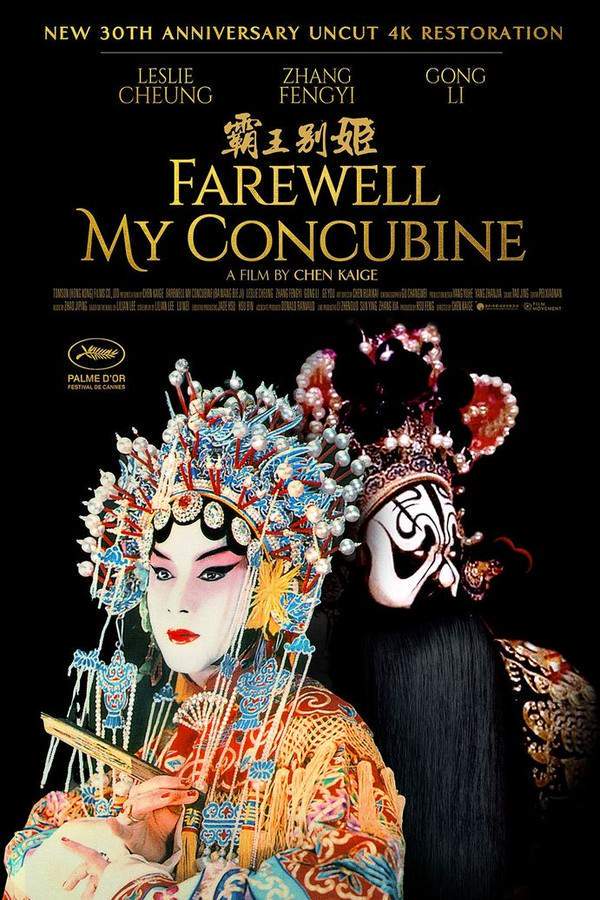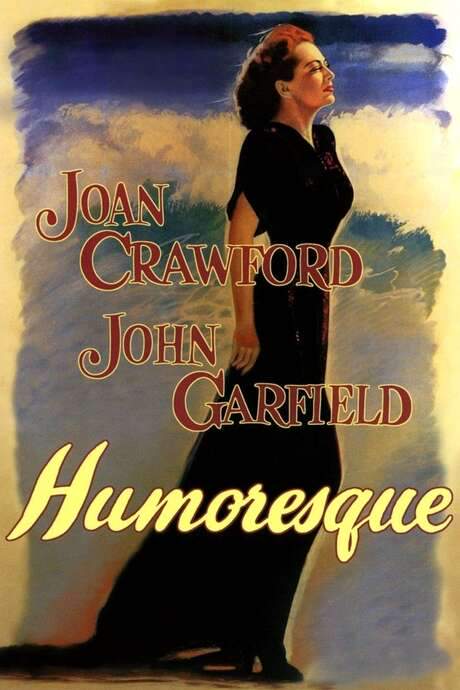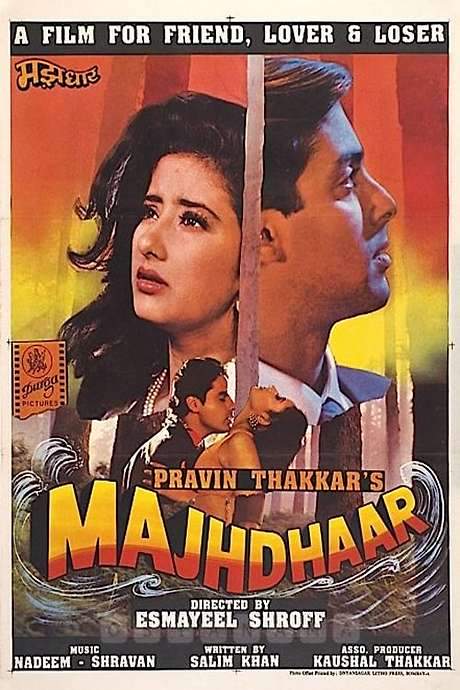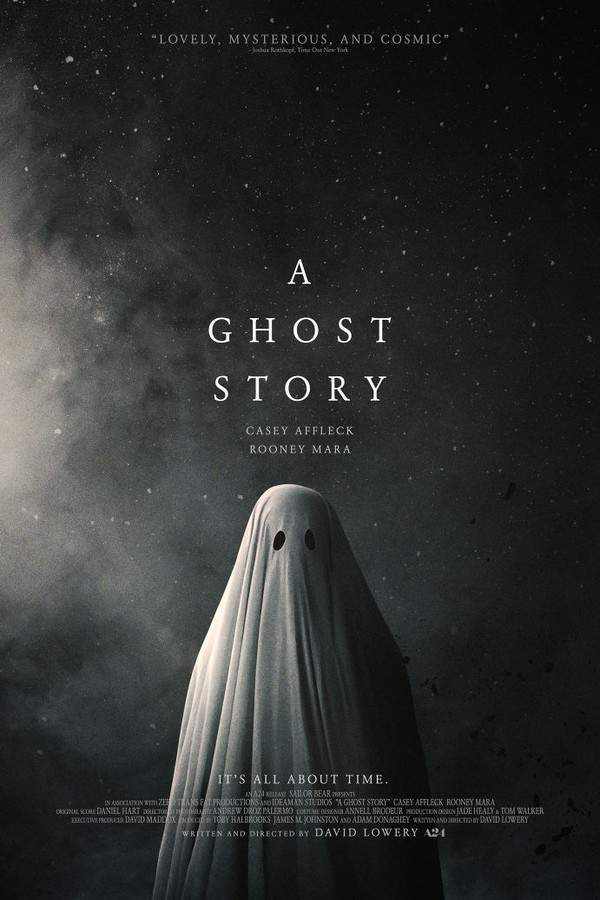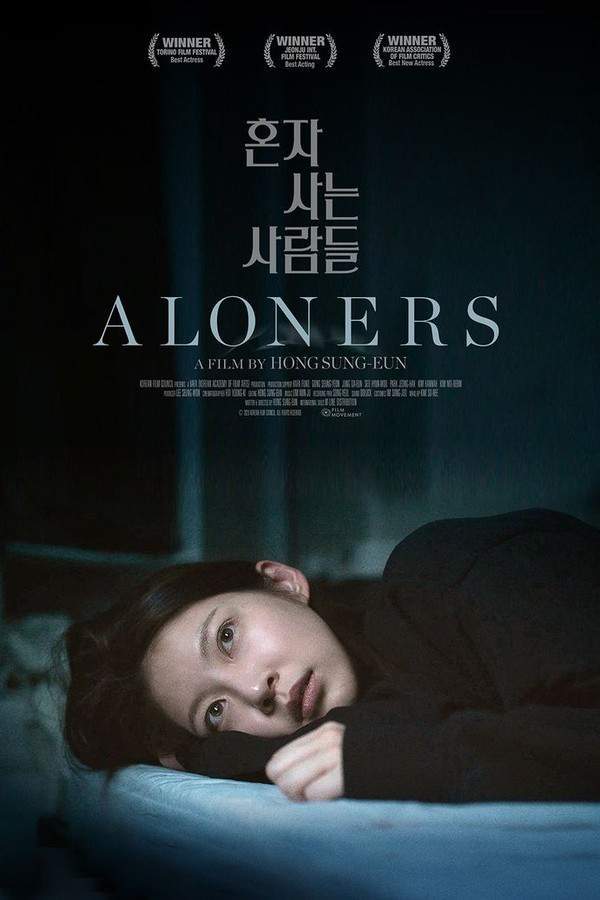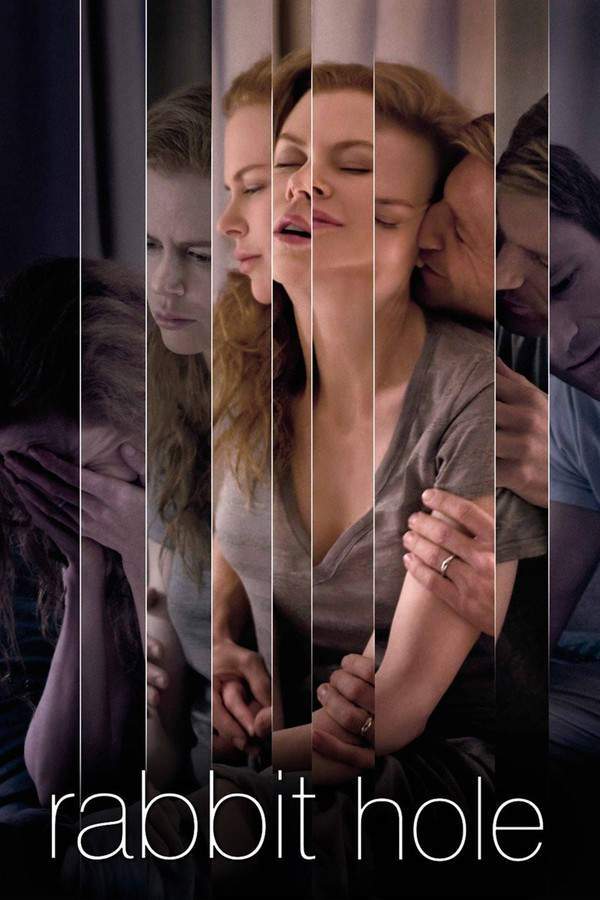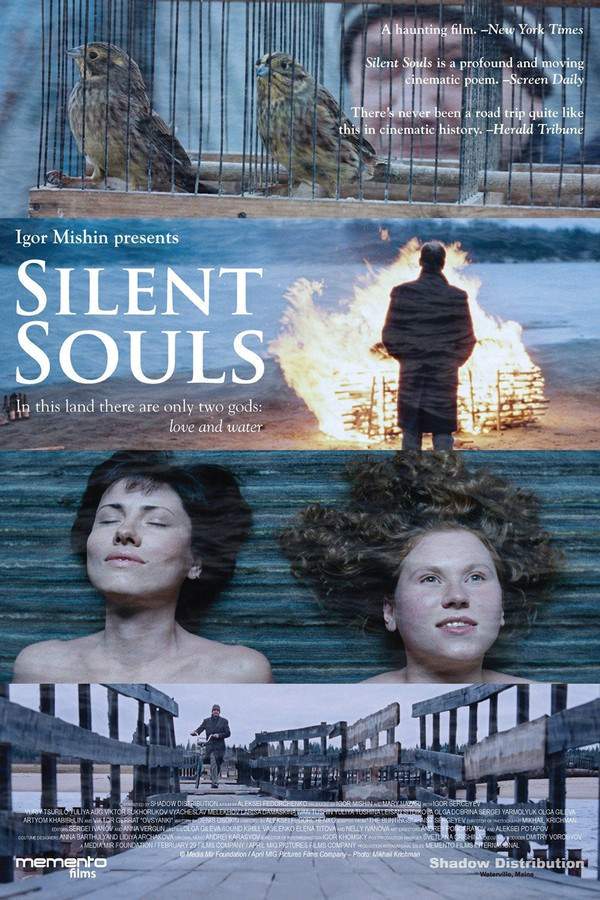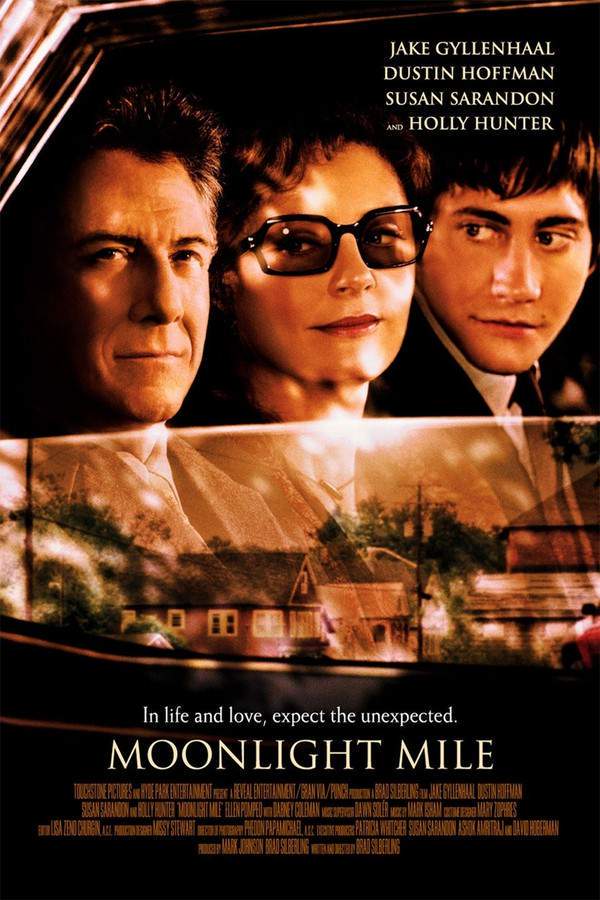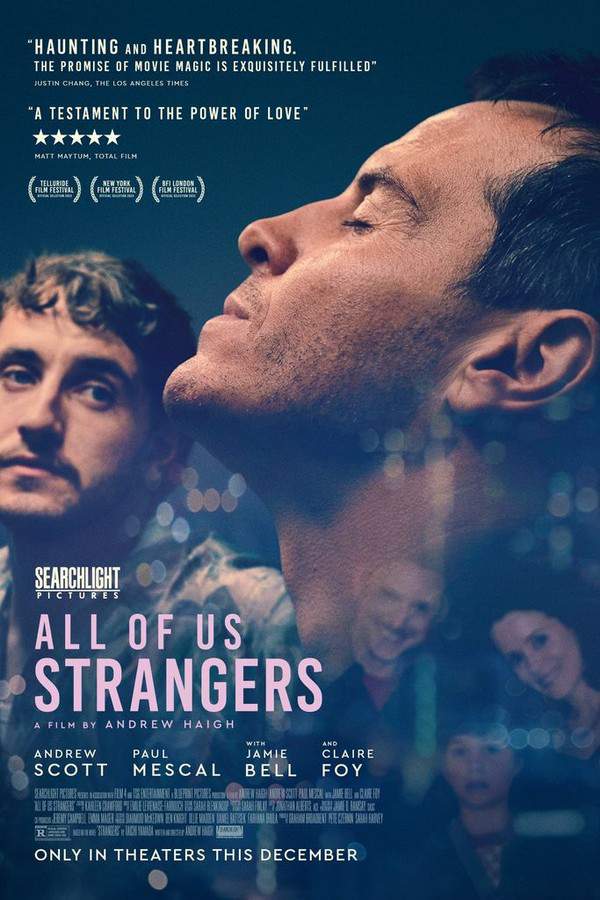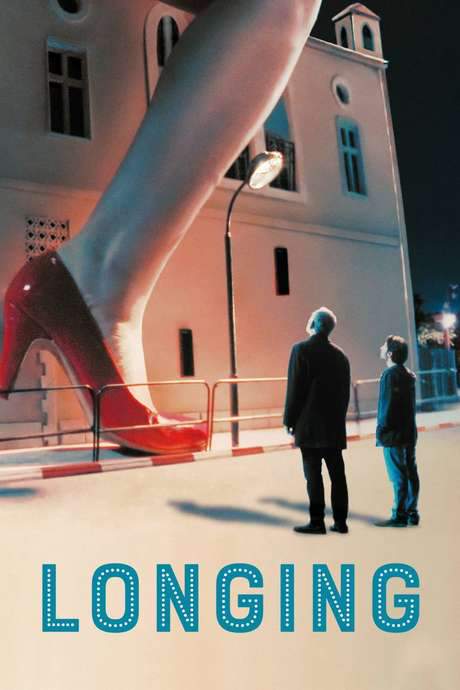
Map of the Sounds of Tokyo
Year: 2009
Runtime: 109 mins
Language: English
Director: Isabel Coixet
A Japanese assassin falls in love with the Spanish wine seller she was hired to kill.
Warning: spoilers below!
Haven’t seen Map of the Sounds of Tokyo yet? This summary contains major spoilers. Bookmark the page, watch the movie, and come back for the full breakdown. If you're ready, scroll on and relive the story!
Map of the Sounds of Tokyo (2009) – Full Plot Summary & Ending Explained
Read the complete plot breakdown of Map of the Sounds of Tokyo (2009), including all key story events, major twists, and the ending explained in detail. Discover what really happened—and what it all means.
The film opens with a powerful businessman at the center of a tense, troubling world. Mr. Nagara Takeo Nakahara sits with his loyal assistant in a banquet of excess, where the grotesque tableau of sushi laid on naked bodies sets the tone for a story about power, obsession, and consequence. The mood is clinical, almost ritualistic, as the two men debate the grotesque theater they must perform to seal contracts. The moment is jolted when a phone call arrives: Midori’s father, a crisis that fractures the calm surface. Ishida Hideo Sakaki, the steadfast aide, informs Nagara that his daughter Midori has taken her own life, and the news tugs at every corner of this brittle world. Nagara’s grief quickly sharpens into blame, and his blame falls on Midori’s boyfriend, Sergi López sergi-lpez as David, a Spanish man who runs a wine shop in Tokyo. The accusation is a brutal ripple that promises to pull the entire tapestry apart.
The story is framed by an unnamed gray-haired sound engineer who serves as the film’s quiet narrator. Min Tanaka min-tanaka lends a measured voice to the surrounding chaos, and his perspective becomes a lens through which the film examines memory, duty, and desire. He follows the enigmatic figure of Ryu, a woman who moves with a soft intensity and a purpose hidden behind calm eyes. Rinko Kikuchi rinko-kikuchi embodies Ryu, a character whose tasks are both intimate and terrifying. The sound engineer documents Ryu’s routine—visiting graves, cleaning them, and recording the moments—yet he discovers that these graves belong to people she has been hired to shoot, even as she does not reveal that truth to him.
Ishida’s cold calculus drives the next thread of the plot. He hires a woman from the fish market to carry out the planned killing, steering events toward a dangerous collision between love, guilt, and coercion. Ryu is drawn into a web of conflicting loyalties and emotions, and as she moves through the city’s markets and rooms of shadows, the lines between duty and personal feeling begin to blur. The encounter at the wine shop brings a dangerous tension to the surface: David propositions Ryu, and they retreat to a love hotel where their bodies meet in a moment of vulnerability. Yet Ryu cannot bring herself to pull the trigger while David sleeps; instead, she is haunted by him as she returns to the fish market, his memory shaping every cut she makes.
Ryu’s inner conflict deepens as she attempts to resolve the impossible choice before her. She tries to return the money to Ishida and call off the murder, but Ishida’s threats make any retreat feel like a betrayal to a man who is already sinking under the weight of Nagara’s deteriorating world. In the background, Nagara’s grip on his business and his own fragility begin to falter, a quiet deterioration that mirrors the emotional unraveling taking place around him.
As the story unfolds, the assistant reveals a darker grievance of Midori’s: she is described as a vengeful person who yearned for her father’s attention and who, in a sense, never truly loved anyone. The revelation casts Midori’s tragedy in a new light and complicates the living characters’ responses to her death. David’s grief becomes a counterpoint to Nagara’s perilous rage, and the two men move on separate paths toward a shared sense of loss. Yet the thread connecting them remains the fragile, almost suffocating tension of a world in which every action carries a heavy consequence.
Ryu’s relationship with David intensifies as they continue to see one another. She records more of his life, leaving a device in his shop and listening to the sounds of his plans—the shop’s sale, a possible return to Spain, and the mention of a new girlfriend she cannot be sure exists. The shop’s conversations reveal David’s own longing and a longing for something beyond the life he has built, as he tells his assistant that he does not have a girlfriend, a line that rings with irony in the present moment. The assistant’s questions about Ryu become a mirror of David’s quiet fear: a fear that he is already losing what matters most.
David’s emotional climb continues as he calls Nagara, confessing his love and longing for Midori, a moment that fills Nagara with further anguish and a sense of unrecoverable loss. The man’s business world tightens around him as he tries to manage the shock of these revelations; Ishida’s fury intensifies as Ryu fails to complete the original plan, and the intricate balance of power begins to tilt toward tragedy. The film lingers in the quiet spaces between conversations and recordings, letting the viewer feel the weight of every unspoken word.
The final acts bring a raw, human energy to a story that has moved through secrecy, coercion, and unresolved grief. David goes to the fish market one last time to say goodbye to Ryu, a moment of tenderness that softens both of them even as danger approaches. They share a hug in a world that is rapidly closing in on them. But Ishida arrives with a gun, and in a final, protective gesture, Ryu throws herself in front of David to shield him. The shot is fatal, and Ryu dies with a slow, resigned calm that seems to absorb the pain she could not bear to unleash on others.
The film closes with a solemn stillness, returning to the gray-haired sound engineer at Ryu’s grave. The camera lingers on the grave marker as he cleans, a quiet, almost ceremonial act that echoes the film’s larger meditation on memory, guilt, and the stubborn persistence of love in the face of inexorable consequences. In its quiet, restrained way, the movie asks who is saved by sacrifice and who is left to carry the weight of everyone’s secrets, leaving viewers with a haunting sense of the cost of power and the fragile beauty of human connection.
Last Updated: October 05, 2025 at 12:40
Explore Movie Threads
Discover curated groups of movies connected by mood, themes, and story style. Browse collections built around emotion, atmosphere, and narrative focus to easily find films that match what you feel like watching right now.
Movies about tragic assassin romances like Map of the Sounds of Tokyo
Professionals bound by duty find their lives upended by an unexpected, dangerous connection.If you enjoyed the story of an assassin falling for their target in Map of the Sounds of Tokyo, explore these movies that feature similar high-stakes forbidden romances. These films often blend thriller elements with heavy emotional drama, focusing on the moral collapse of professionals caught between duty and desire.
Narrative Summary
These narratives follow highly disciplined professionals who experience a crisis of identity when an emotional attachment, usually romantic, compromises their mission. The plot hinges on the internal struggle between their ingrained sense of duty and the allure of a normal life, often resulting in sacrifice, betrayal, or a devastatingly sad ending.
Why These Movies?
Movies in this thread share a core narrative engine: the forbidden romance that directly opposes a character's fundamental purpose. They are united by a melancholic tone, high emotional stakes, and the exploration of whether human connection can overwrite a lifetime of conditioning, making the viewing experience intensely tragic and morally complex.
Atmospheric slow-burn dramas about grief like Map of the Sounds of Tokyo
Quiet, atmospheric stories where characters process profound loss in isolating cityscapes.Fans of the heavy, atmospheric mood and themes of grief in Map of the Sounds of Tokyo will find similar films here. These movies are slow-paced character studies that use urban settings to amplify feelings of loneliness and loss, offering a quietly powerful and emotionally resonant viewing experience.
Narrative Summary
The narrative is less about plot and more about the internal, emotional journey of a character grappling with a significant loss, such as the death of a loved one or a personal tragedy. The story unfolds slowly, focusing on moments of quiet reflection, memory, and the struggle to find meaning or connection in a world that feels alienating and oppressive.
Why These Movies?
These films are grouped by their shared commitment to a specific mood and pacing. They prioritize atmosphere and emotional weight over fast-paced action, creating a meditative, often heavy experience defined by a melancholic tone, a slow burn pace, and a central theme of navigating profound personal sorrow within an impersonal urban environment.
Unlock the Full Story of Map of the Sounds of Tokyo
Don't stop at just watching — explore Map of the Sounds of Tokyo in full detail. From the complete plot summary and scene-by-scene timeline to character breakdowns, thematic analysis, and a deep dive into the ending — every page helps you truly understand what Map of the Sounds of Tokyo is all about. Plus, discover what's next after the movie.
Map of the Sounds of Tokyo Timeline
Track the full timeline of Map of the Sounds of Tokyo with every major event arranged chronologically. Perfect for decoding non-linear storytelling, flashbacks, or parallel narratives with a clear scene-by-scene breakdown.

Characters, Settings & Themes in Map of the Sounds of Tokyo
Discover the characters, locations, and core themes that shape Map of the Sounds of Tokyo. Get insights into symbolic elements, setting significance, and deeper narrative meaning — ideal for thematic analysis and movie breakdowns.

Map of the Sounds of Tokyo Spoiler-Free Summary
Get a quick, spoiler-free overview of Map of the Sounds of Tokyo that covers the main plot points and key details without revealing any major twists or spoilers. Perfect for those who want to know what to expect before diving in.

More About Map of the Sounds of Tokyo
Visit What's After the Movie to explore more about Map of the Sounds of Tokyo: box office results, cast and crew info, production details, post-credit scenes, and external links — all in one place for movie fans and researchers.


